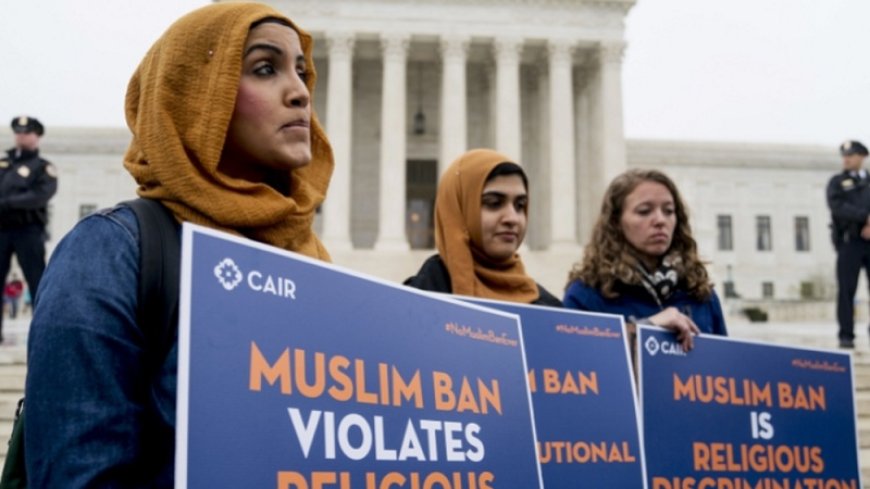US Muslims sue FBI over 'secret' no-fly list
US Muslims sue FBI over 'secret' no-fly list

A Muslim advocacy group in the United States has sued the FBI in an attempt to stop the use of a secret list that often targets only Muslims for in-flight surveillance. The lawsuit has been filed by the Council on American-Islamic Relations (CAIR), against 29 US agencies, including the Department of Justice, the FBI, the Secret Service, the Department of Customs and Border Protection, and the Department of Homeland Security. of Transportation. During a press conference held at the CAIR headquarters in Washington, D.C., attorney Hannah Mullen said that the list is used to target and discriminate against Muslims.
Mullen said: "The federal government labels a person as a Muslim as a cause for suspicion, and puts people on a list of people who should be watched and monitored because of their Muslim identity, Islamic religious beliefs, Islamic religious practices, travel in many Muslim countries, and other racist things." Attorney Hannah Mullen added: "None of our clients have ever been charged or convicted of a crime related to terrorism." The list of alleged terror suspects, which was leaked online by a Swiss hacker in January, includes the names of more than 1.5 million people the US government calls "known or suspected terrorists."
The list announced in 2019 showed that the FBI has been disproportionately targeting the Muslim community, as it had many Muslim and Arabic names. Dina Sayed-Ahmed, communications manager for CAIR's New Jersey division, said at a press conference in Newark, New Jersey, Monday that Muslims in the United States are treated as "second-class citizens." "The result [of such a list] is that innocent people can stay on the list of suspects indefinitely. The Democratic mayor of New Jersey, Mohamed Khairullah, who is Muslim and was barred from entering the White House earlier this year, plans suing the U.S. government.
He is now aiming to end the federal government's terror watch list, which he previously said unfairly targets Muslims — including himself in the summer when he was barred from entering the White House. Khairullah has said "harassment and harassment that's not normal" for him. In 2019, Khairullah said he was detained for hours at JFK International Airport in New York and asked if he knew any terrorists and forced to hand over his phone for a search. But he said he had been to the White House previously undisturbed.













































